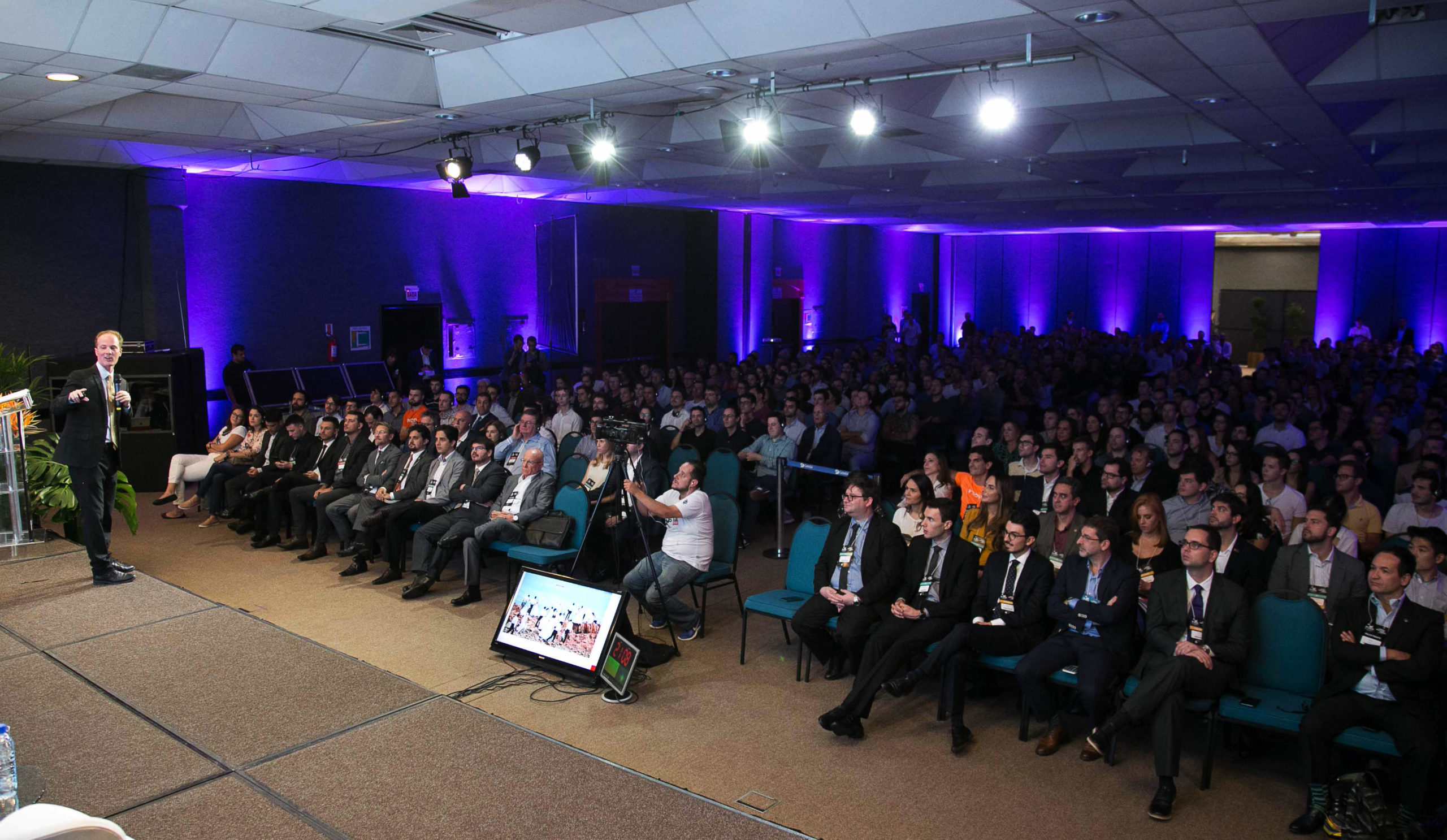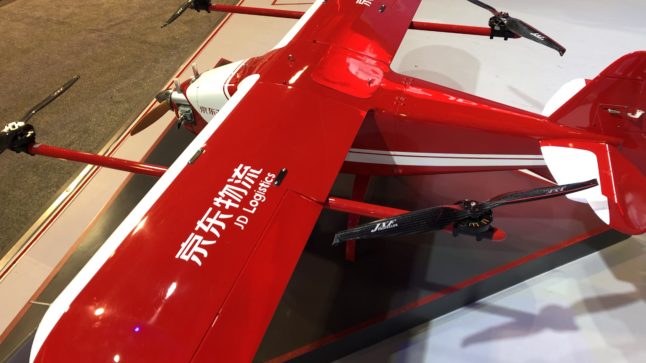*The following is an excerpt from the One Hour China Book, for which a 2017 version is available here.
“There is a great story about Steve Jobs freaking out about six weeks before the first iPhone was released. It was reported by The New York Times and has become part of the folklore of Steve Jobs. The story goes that about a month before the iPhone release, he summoned his senior team and told them that the iPhone needed a glass screen. The plastic screens on the prototypes were too easily scratched. He wanted an un-scratchable glass screen. And he needed it redone before production started in 4-5 weeks.
The problem was nobody actually knew how to make glass screens for phones at that time.
According to the story, one of Jobs’ executives left the meeting and immediately booked a flight to Shenzhen. Their manufacturing partner Foxconn already had over 200,000 workers in Shenzhen ready to assemble the iPhones. And the Shenzhen region has a huge number of engineers, technical experts and specialized companies to draw on for this type of problem. The problem wasn’t really cost. The problem was figuring out how to precision cut and grind hardened glass for phones. And how to do it in just a few weeks.
Within days of the executive arriving in China, he received a local bid for the glass work. And he was surprised to find that the Chinese company making the bid had already started arranging a new facility for the project – just in case they got the contract. Their Chinese engineers had already moved into the facility and had started experimenting with glass (reportedly provided by the local government).
The company got the contract and teams began working 24/7 experimenting on the glass. Within four weeks, they had figured it out. The first glass screens were cut, ground and shipped out to Foxconn where they arrived in the middle of the night. Within 2 days, 10,000 glass screen iPhones were coming off the production lines.
Altogether, 200,000 Chinese workers were involved in the production of the first iPhone. And they were overseen by 8,700 Chinese industrial engineers.
There are two important aspects to this story – which may have become somewhat embellished over time. The first is how incredibly fast, flexible, and smart the Chinese manufacturing ecosystem is. This situation was not about being cheap. It was about speed and flexibility. Figuring out how to redesign iPhone screens took lots of brainpower deployed quickly. In the US, the iPhone screens simply could not have been redesigned in such a short timeframe.
The second is that Apple had 8,700 Chinese industrial engineers overseeing production. That is a lot of engineers. The New York Times reported that Apple had estimated it would take 9 months to find this many engineers in the US. In China, they found them in about 15 days.
This is a story of Chinese brainpower as a game-changer in global business. The ability to mobilize so much talent, so many engineers, and so quickly, is something new in the world.
But we have also heard this kind of story before.
Twenty years ago, the scale of Chinese manufacturing began emerging as a similarly game-changing phenomenon. Suddenly, everything from shoes to bicycles began to become much cheaper than before. Low-cost Chinese manufacturing changed what was possible in industry after industry. “Made in China” became a household phrase.
Businesses around the world have since incorporated the large-scale and low-cost of Chinese manufacturing into their operations. And it wasn’t really optional. Businesses either had to take advantage of the phenomenon or suffer as their competitors did.
The large scale and low cost of Chinese brainpower is another game changer. Suddenly thousands of engineers can be ramped up in a matter of days. And this phenomenon is starting to ripple through industry after industry. What is the impact on the pharmaceutical industry if companies can now access tens of thousands of scientists cheaply? If your competitor is opening a research and development center in China with 10,000 technical specialists, how big of a problem is that for you? Chinese brainpower is starting to impact many industries – often in unexpected ways.”
The above is from our book – the One Hour China Book. It is available here.
——-
I am a consultant and keynote speaker on how to increase digital growth and strengthen digital AI moats.
I am the founder of TechMoat Consulting, a consulting firm specialized in how to increase digital growth and strengthen digital AI moats. Get in touch here.
I write about digital growth and digital AI strategy. With 3 best selling books and +2.9M followers on LinkedIn. You can read my writing at the free email below.
Or read my Moats and Marathons book series, a framework for building and measuring competitive advantages in digital businesses.
Note: This content (articles, podcasts, website info) is not investment advice. The information and opinions from me and any guests may be incorrect. The numbers and information may be wrong. The views expressed may no longer be relevant or accurate. Investing is risky. Do your own research.

